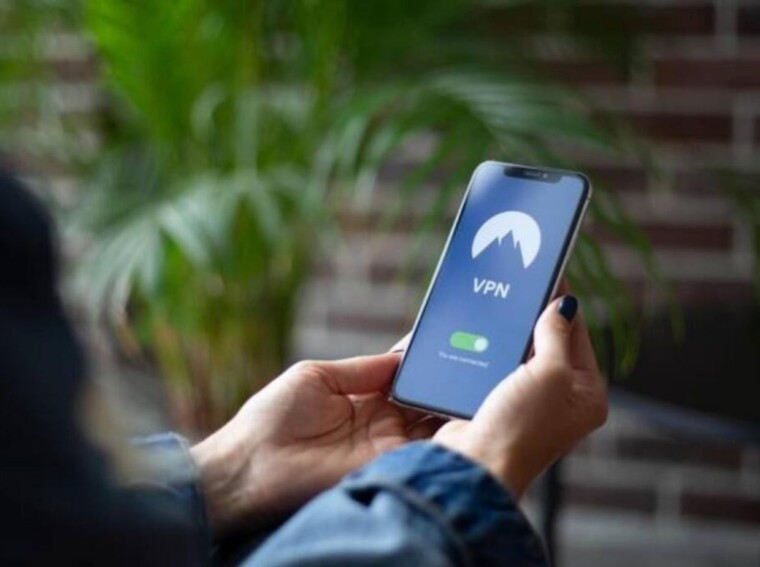We call this age the digital age, but what will we call the age a few years from today? Regardless of what we call it, it is certain that we will be fully immersed in technology and digitized to bits and pieces, even in the United Arab Emirates.
According to the latest available data, 25.72% of the UAE’s population downloaded a VPN. However, it would help if you considered that every technology comes with its own advantages and disadvantages, which should be taken care of, and the only remedy we could think of is a VPN. To gain educational insights about VPN dynamics, you must head to bestvpn.co guide to learn more.
One of the biggest disadvantages of technology expansion is the need to safeguard data from getting leaked into the hands of malicious sources, which, once leaked, will sooner or later.
Become a threat to the existence of mankind and have a pessimistic impact that will run down for generations.
Not only should data be protected from hackers and suspicious prospects but also from government and legislation bodies who have now imposed legislation to track a record of the resident’s web traffic for the prevention of cybercrimes.
UAE’s Law of Prevention of Cyber Crimes
Unlike any other country, the UAE has imposed strict rules and regulations that have been effectively imposed since 2012. This law helps combat cyber criminals and makes necessary impositions to prevent illegal criminal activities.
The government amends Federal Law Number 5 from time to time to protect the country from malicious ongoing activities and to moderate the use of technology to inhibit criminal invaders.
Widespread usage of VPNs
Residents of the UAE became quite frustrated when its government banned the usage of certain apps like Skype, WhatsApp calls, Spotify, or Netflix. The residents massively sued these VPNs to unblock and access the geo-restricted content that was otherwise subjected to imposed governmental legislation.
To affirm this, Atlas VPN conducted research that revealed astonishing results. Approximately 3.8 million UAE residents in 2020 downloaded various types of VPN apps, and in the same year, only the UAE became the biggest VPN downloader among all the other countries.
Therefore, it is quite necessary to know what a VPN is, what it does towards the imposed legalities in the UAE, and how one can put it to use for their convenience.
What is a VPN?
A VPN is a virtual private network with an encrypted data protection service. When activated, this service conceals your IP to prevent exposing your identity; in doing so, your identity remains anonymous. While concealing your identity, a VPN provides you with a temporary IP that may be of any other country than the UAE to help you optimize and access content that remains restricted to the location of your country.

This VPN guarantees you safe access to the web from malicious sources and government intruders concerning finance, municipal, economic development, trade purposes, etc. Whatever the scenario is, one thing is for sure: a VPN can enhance privacy and help protect sensitive data.
Internet Censorship
There are two different sides to a coin, and so with VPN advantages comes a host of disadvantages that must be addressed. Hackers can otherwise use a VPN for stealing and reselling financial information, hacking into one’s account, and illegal transfers.
The UAE government bodies have enunciated strict measures to regulate the monitoring of the kind of content that could be seen across UAE boundaries. These strict regulations, therefore, help to determine internet censorship.
Thus, illegal websites cannot be accessed under the UAE cybercriminal law, and anyone caught accessing those will be detained and punished severely under the myriad of cybercrime punishments.
Article 9 of the Cybercrime Law
According to Article 9 of the Cybercrime Law, if anyone is caught engaged in anything illicit that is against the regulations of the country by either superseding the original internet protocol or by making use of any other address that is not the one of UAE, will be dealt with severe punishments and likely to be imprisoned or may deport in certain cases.
This law was later amended and substituted with Article 1 of Federal Law number 12 of 2016, stating that any person found guilty of engaging in criminal activity through a fake computer address will be punished with imprisonment and a fine of either two million (AED 2,000,00) or five hundred thousand (AED 500,000).
This law has clarified that companies, institutions, and other legal entities can use VPNs to access internal resources that are not deemed unlawful. The UAE government, however, banned the use of pornographic content, gambling or dating websites, or any other content that is found offensive to the country’s laws and regulations.
What are the activities that are deemed illegal as per UAE laws?
The following is the list of illegal activities that are impermissible to be engaged in with a VPN;
- Online theft, fraud, or deception.
- Impersonating fraudulent resources.
- Accessing bank account details, credit card information, electric payments, or any other consolidated confidential information.

- Content describing information from public or private organizations.
How to use VPN service in UAE?
In UAE, you can use a VPN to access geographically blocked content through telecommunication companies like Etisalat or Du VPN packages. These VPN packages allow users to make international audio or video calls and even grant access to otherwise inaccessible websites on UAE’s premises.
Other than these, you may use a VPN for any other purpose contrary to a certain set of terms enlisted by the Cybercrime law, and TRA shall not only be deemed illegal but will also result in strict action.


